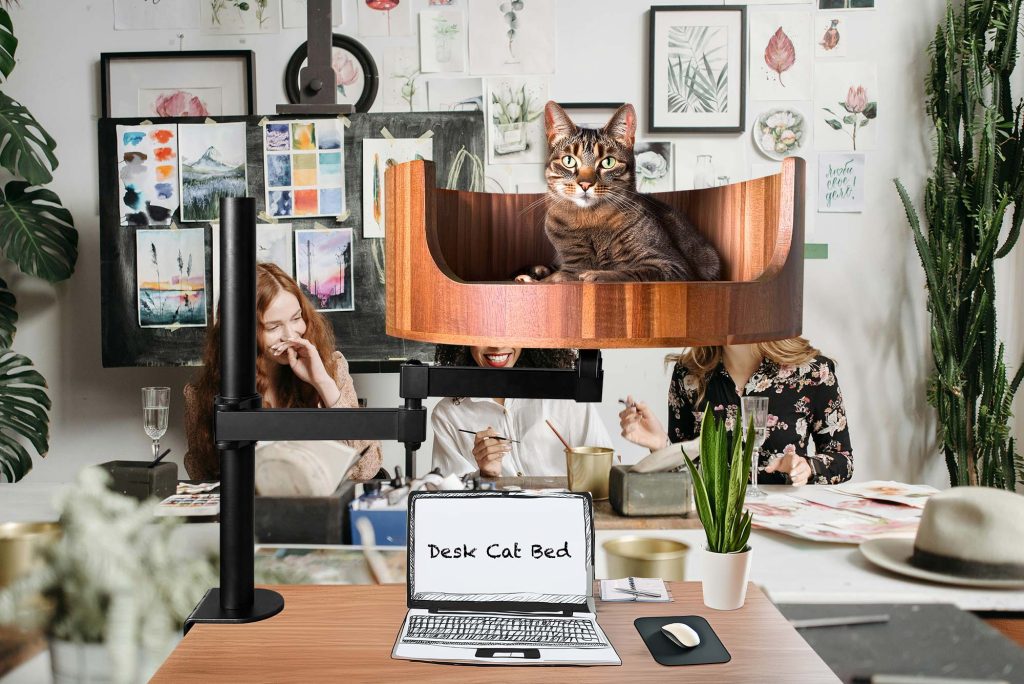Dogs are known for their curious behaviors, but one that often leaves pet owners scratching their heads is the habit of eating cat poop. This unsavory behavior raises concerns about the health and well-being of both the dog and the cat, as well as the potential risks it poses to the dog’s digestive system. Understanding why dogs engage in this behavior is crucial for pet owners to address it effectively and prevent any potential health issues.
In this article, we will delve into the reasons why dogs eat cat poop, including the instincts and behaviors that drive this behavior. We will also explore the potential risks and consequences of allowing your dog to indulge in this habit, as well as strategies for preventing and addressing it. By gaining a deeper understanding of why dogs are drawn to cat poop, pet owners can take proactive steps to keep their furry friends safe and healthy.
– Dogs may eat cat poop due to its high protein content and the presence of undigested nutrients.
– This behavior can also be a result of a dog’s natural scavenging instincts or a sign of boredom or stress.
– Eating cat poop can pose health risks to dogs, including the transmission of parasites and bacteria.
– It is important for dog owners to monitor their pets’ behavior and take steps to prevent access to cat litter boxes.
– Consulting with a veterinarian can help address any underlying issues causing a dog to eat cat poop.
Causes of Dogs Eating Cat Poop
There are several reasons why some dogs engage in the behavior of eating cat poop. One common explanation is that dogs are attracted to the strong scent and taste of cat feces, which can be appealing to them. Additionally, dogs may exhibit this behavior due to boredom, curiosity, or a lack of proper nutrition. Some experts also suggest that dogs may eat cat poop as a result of underlying health issues, such as digestive problems or intestinal parasites.
Health Risks Associated with Dogs Eating Cat Poop
While it may seem harmless, the act of dogs consuming cat feces can pose several health risks to them. Cat poop contains harmful bacteria, parasites, and pathogens that can be transferred to dogs through ingestion. This can lead to gastrointestinal problems, such as diarrhea, vomiting, and dehydration. In severe cases, dogs may even develop more serious conditions, such as intestinal blockages or infections, as a result of consuming cat poop.
Preventing Dogs from Eating Cat Poop
To prevent dogs from eating cat poop, pet owners can take several proactive steps. One effective approach is to ensure that cats have a clean litter box that is inaccessible to dogs. Placing the litter box in a location that is out of reach or using a covered litter box can help deter dogs from accessing it. Additionally, pet owners can train their dogs using positive reinforcement techniques to discourage the behavior of eating cat poop. Providing dogs with plenty of mental and physical stimulation, as well as a balanced diet, can also help reduce their likelihood of engaging in this behavior.
Frequently Asked Questions
Q: Will the Desk Cat Nest effectively keep my dog from eating cat poop?
A: While the Desk Cat Nest can provide a barrier between your dog and the litter box, it may not completely eliminate the behavior. It is important to also train your dog and redirect their attention when they show interest in the cat’s litter box.
Q: Is the Desk Cat Nest easy to install?
A: Yes, the Desk Cat Nest is designed to be easily attached to the edge of most desks or tables with minimal effort.
Q: Is the Desk Cat Nest safe for my cat?
A: Yes, the Desk Cat Nest is specifically designed to allow your cat to access their litter box while keeping your dog out. It does not pose any danger to your cat.
Q: Can my dog destroy the Desk Cat Nest?
A: The Desk Cat Nest is made of durable materials that can withstand most dogs’ attempts to break through. However, it is always recommended to monitor your dog’s behavior around it to ensure its longevity.
Q: How do I clean the Desk Cat Nest?
A: The Desk Cat Nest can be easily wiped down with a damp cloth or mild cleaning solution. It is important to regularly clean the Desk Cat Nest to maintain a hygienic environment for your cat.
In conclusion, investing in a Desk Cat Bed for your feline companion can be an effective solution to help prevent dogs from eating cat poop. By providing a safe and elevated space for your cat to rest and digest their food in peace, you can reduce the likelihood of your dog accessing their litter box. This not only promotes healthier habits for your pets, but also ensures a cleaner and more hygienic living environment for everyone in your household. With its durable construction and cozy design, the Desk Cat Bed is a valuable choice that offers numerous benefits for both your cat and dog. Consider adding this innovative product to your home to maintain a harmonious and more pleasant coexistence between your pets.


